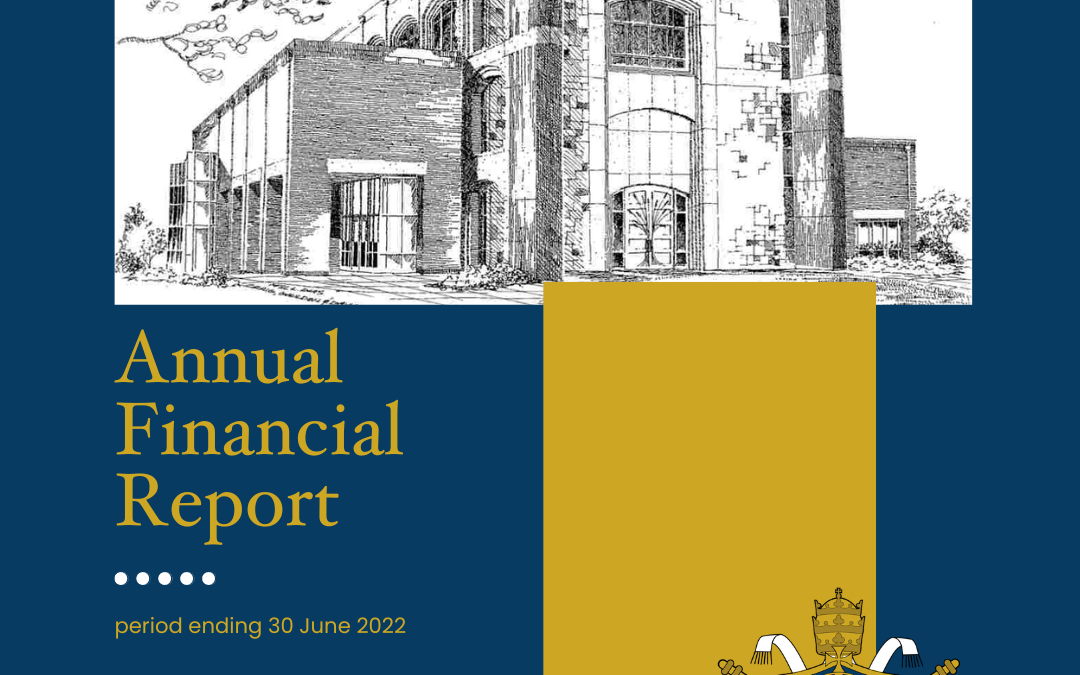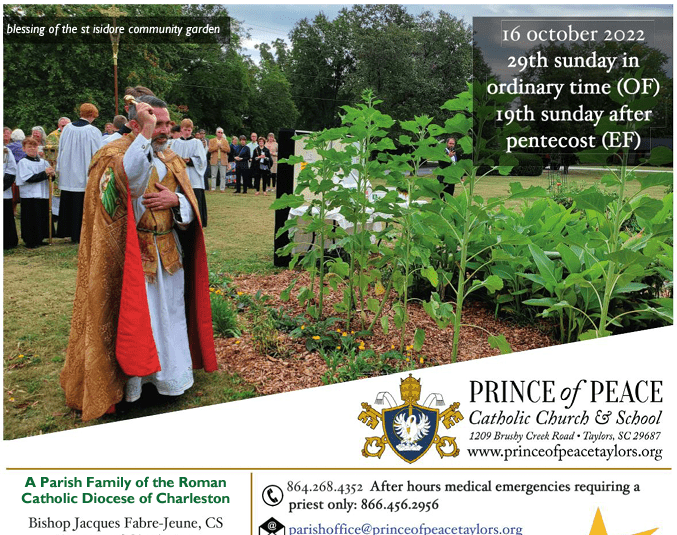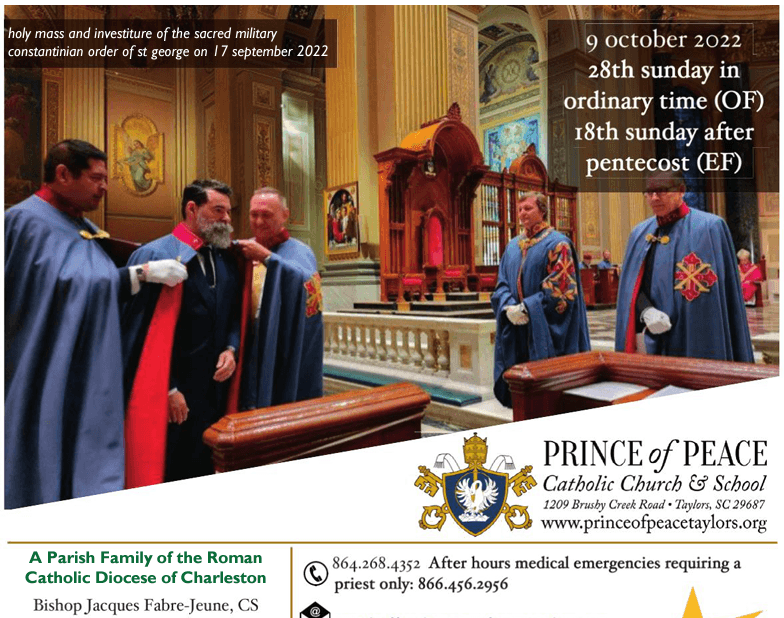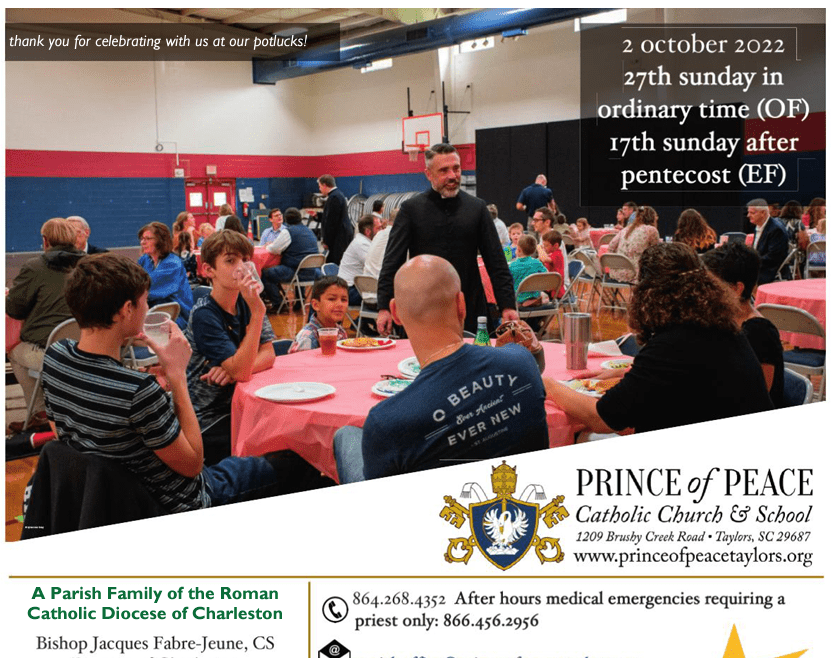
Annual Financial Report, for period ending 2
Click to read the Annual Financial Report for the period ending 30 June 2022
Dear Friends in Christ,
The past two end of year financial reports for Prince of Peace Catholic Church and School were very strange ones to write indeed, because of how COVID affected operations over those two fiscal years. While many Catholic parishes throughout the world saw a collapse or tremendous difficulty with numbers, Prince of Peace was truly a miracle story. Forward thinking leadership and flexibility during a constantly changing situation, as well as the determination of our parishioners to keep their parish going, meant that we actually emerged from the crucible of the pandemic in a stronger situation than we were before it. It was both edifying and amazing to me how people found their way to this parish and school community during that time.
What is even more interesting is how many people stayed. Our school enrollment, as you will see, had a significant uptick during the pandemic because we were in a situation to offer an educational experience other schools could not provide during that time. I was convinced that many of those families would leave after the pandemic, but they didn’t. The value of a POPCS education was apparent to them, and they chose to stay, as well as recruit others for the school community.
The way we navigated the constantly changing requirements of public and ecclesiastical authorities while trying to respect widely divergent expectations and opinions on how to do things at church ended up actually attracting a large number of families from all over the country to the parish. During that time, we didn’t drop anyone from the rolls. We finally began to do a proper assessment of our membership, especially after a number of deaths of some very beloved and active parishioners. The result of that evaluation is a slight decrease in the number of registered active households, but the actual number of average bodies in the pews went up considerably, as well as new families joining the parish.
This past year saw an incredible output of capital improvements to the facilities on campus, and even the inauguration of the Great Nativity. This year as we start our Advent Market, we have an opportunity to bring Prince of Peace more into the wider community. Winning the Best Place of Worship in the Upstate award from the Greenville News in a Baptist town like Greenville is one of the most miraculous things to happen to us in the history of the parish. It is a testament to the fact that you really believe in what we do
here, and want to see it successful. And you are putting your money where your mouth is, and that investment is allowing us to do some incredible things.
I want to thank you for your generosity, and encourage you to keep that spirit of giving alive in the upcoming fiscal year. As financial forecasts for our country predict some tight times ahead, we will adjust along with you, but the more we band together and have everyone do their part, the more we can do so much for the love of God and others!
Yours in the Prince of Peace,
Fr Christopher Smith, STD




Recent Comments